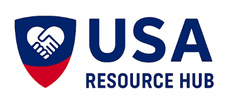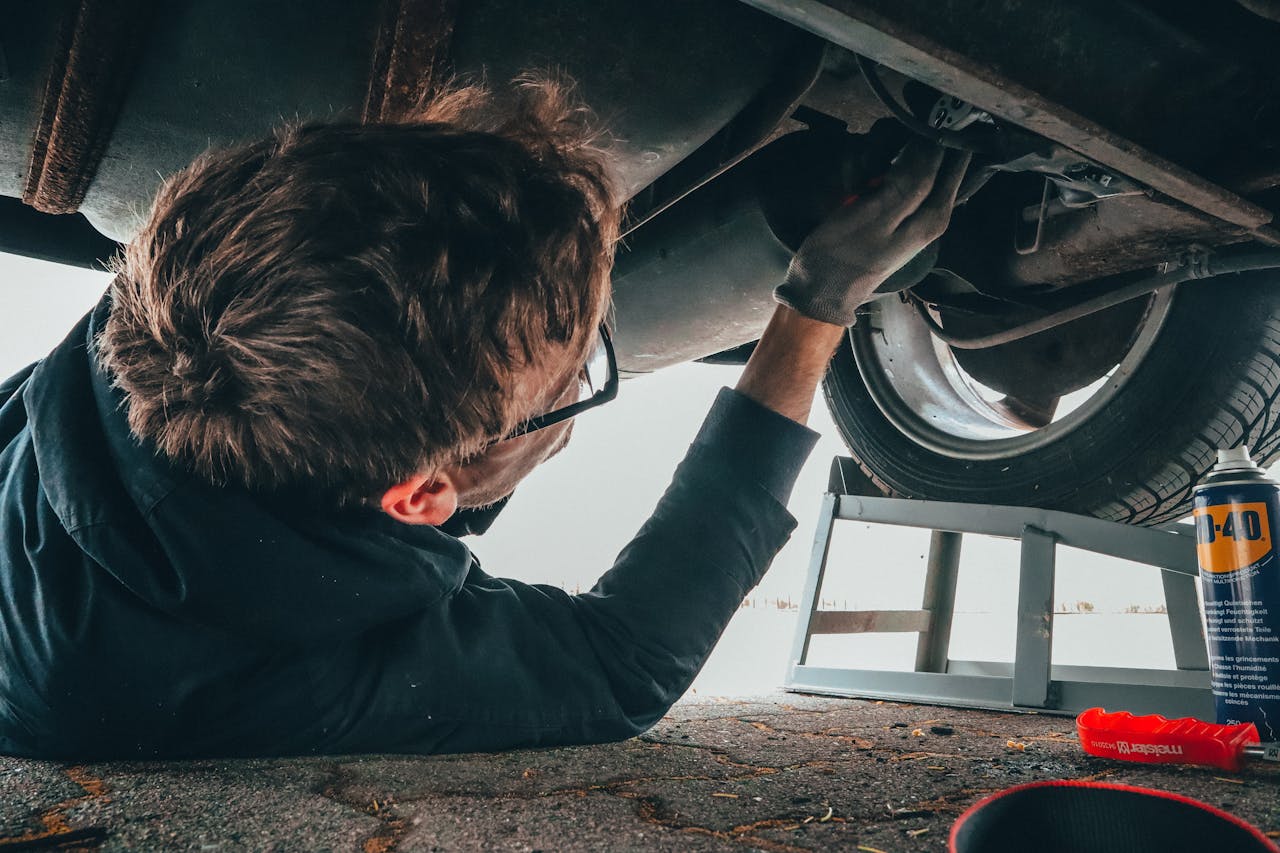Fixing a car can drain your wallet fast. For many drivers, even a minor repair can mean choosing between groceries and getting to work. While some help is available through government programs, there are also free and low-cost car repair options run by nonprofits, churches, and community groups. These programs vary by state, but they often cover basic repairs for people who meet certain income or hardship requirements.
This guide breaks down how to find these programs, what they usually cover, and how to qualify.
Who These Programs Help
Most free or low-cost car repair programs focus on helping people who rely on their vehicle for work, school, or medical care. You may qualify if you:
- Receive public assistance like SNAP or Medicaid
- Are a single parent or caregiver
- Have a disability or serious health condition
- Are at risk of losing your job due to car issues
- Live below a certain income level
Some programs also help veterans, domestic violence survivors, or people recovering from homelessness. Each group sets its own rules, so check the details before applying.
What Repairs Are Usually Covered
These programs do not cover everything. They focus on repairs that make the car safe and drivable. That often includes:
- Brake replacement
- Tire repair or replacement
- Battery replacement
- Alternator or starter fixes
- Basic engine or transmission work
- Headlights, taillights, or windshield wipers
Luxury upgrades, cosmetic fixes, or full engine replacements are rarely covered. The goal is to keep the car running, not make it perfect.
How to Qualify
To get help, you usually need to fill out an application and provide documents. These may include:
- Proof of income (pay stubs, benefits letter)
- Driver’s license and registration
- Repair estimate from a certified mechanic
- Statement explaining your need (job loss risk, medical travel, etc.)
Some programs require you to use a specific repair shop. Others may reimburse you after the work is done. Always read the fine print before starting repairs.
Where to Find Help
Finding these programs takes effort. They are not always easy to spot online, and many operate quietly through local partnerships. Here are places to start:
1. Local Nonprofits and Charities
Groups like Good News Garage, Working Cars for Working Families, and Wheels to Work offer car repair help in certain states. Some focus on donating vehicles, while others fund repairs.
Search for “car repair assistance” plus your city or state. You may find smaller groups that help locally.
2. Churches and Faith-Based Groups
Many churches offer emergency help for members and non-members alike. Ask if they have a benevolence fund or know of nearby programs. Even if they cannot help directly, they may refer you to someone who can.
3. Community Action Agencies
These agencies fight poverty at the local level. Some offer car repair help as part of their transportation support. Others may help with related costs like bus passes or gas cards.
Search for your local agency using your ZIP code or visit the Community Action Partnership website.
4. Vocational Schools and Training Centers
Auto repair schools often need real cars for students to work on. Some offer free or low-cost repairs in exchange for letting students practice. These repairs may take longer, but they are supervised by certified instructors.
Call local trade schools or community colleges with auto programs. Ask if they offer public repair services.
5. State-Specific Programs
Some states fund car repair help through workforce development or transportation grants. These programs may be tied to job training or employment services.
For example:
- In Michigan, the Vehicles for Change program helps low-income workers.
- In California, the Consumer Assistance Program offers help with smog-related repairs.
- In Texas, some counties offer repair help through workforce boards.
Search for “Free car repair programs by state” to find listings or directories that break down options by location.
Tips for Applying
Getting approved takes preparation. Here are a few tips:
- Gather all documents before applying
- Get a written estimate from a mechanic
- Be clear and honest about your situation
- Follow up if you do not hear back
Some programs run out of funds quickly. Apply early and check back often.
Car trouble should not cost someone their job or health. Free and low-cost car repair programs offer a lifeline to those who need their vehicle to survive. While these programs vary by state, they share one goal: keeping people moving.


Leave a Reply